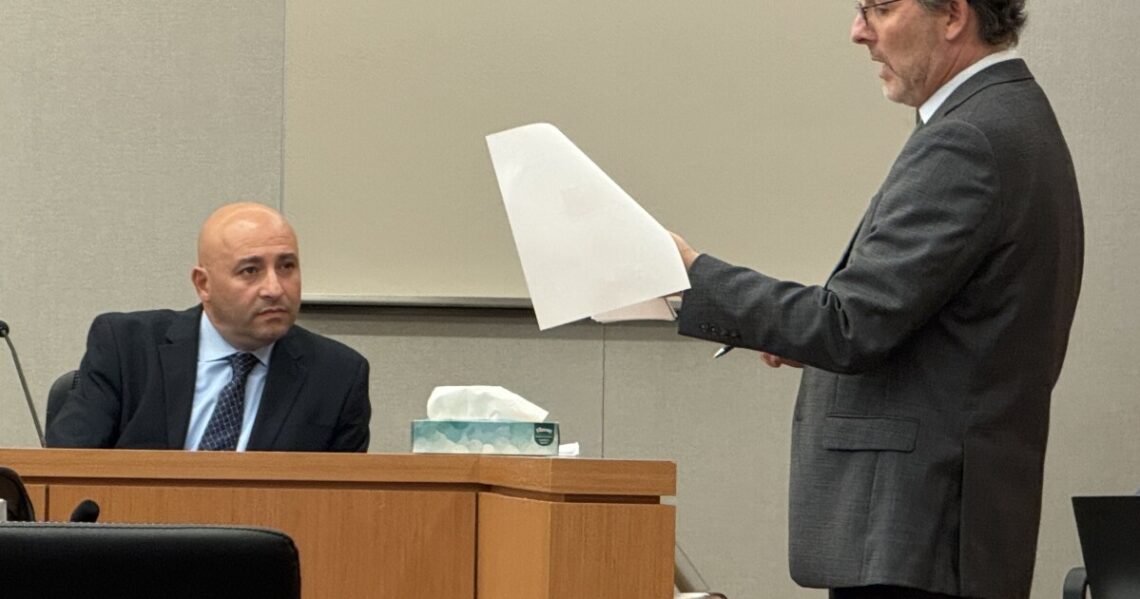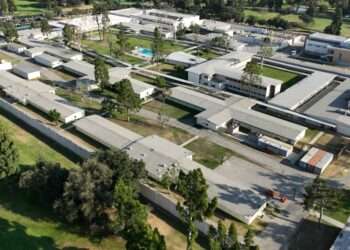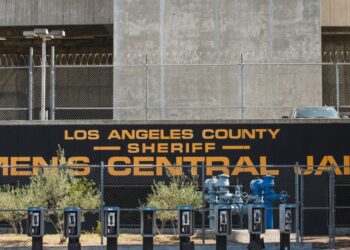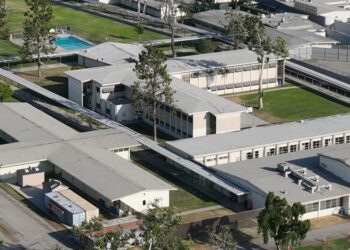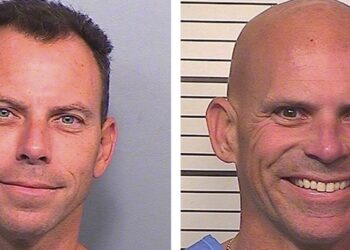Imagine you’re sitting on a jury, having been asked to judge a person’s guilt or innocence for a serious crime. You are supposed to base your decision solely on witness testimony and the evidence presented by prosecutors and the defense team.
But what if prosecutors have withheld evidence that could have helped prove the defendant’s innocence? What if they failed to tell the jury that some of the witnesses are actually government informants, perhaps getting money or favors in exchange for delivering the kind of testimony that secures a conviction?
That’s illegal. And that’s exactly what happened in dozens of criminal cases in Orange County over at least a decade — until an assistant public defender brought to light what’s come to be known as the “snitch scandal.”
The discovery unraveled what should have been a slam-dunk conviction in the county’s deadliest mass shooting in modern history, the 2011 Seal Beach salon shooting. The misconduct was so bad that a judge threw the entire O.C. District Attorney’s Office off the case and spared the perpetrator — who had already confessed — from the death penalty.
Sentencing was also delayed — for three, painful years for victims — while the court investigated police and prosecutor misconduct. But that’s not all.
Here’s a short list of some of the other consequences that have followed:
- The district attorney at the time was ousted from office in the next election.
- The Department of Justice opened a civil rights investigation — which resulted, just this month, in a settlement.
- Dozens of serious criminal convictions were lessened or overturned.
Now, we’re awaiting a judge’s decision in one of the cases unraveled by the scandal — a decision that could raise fresh doubts about…
Read the full article here

